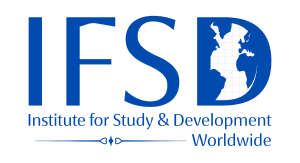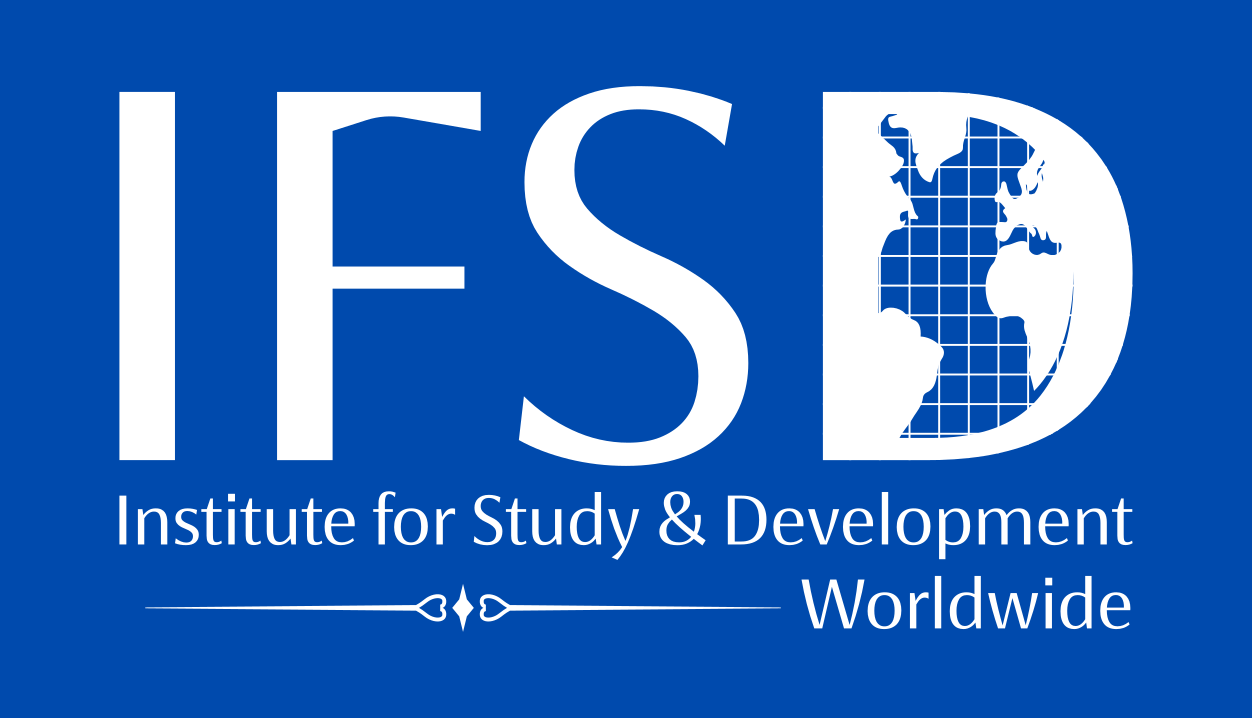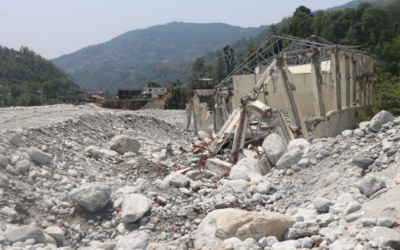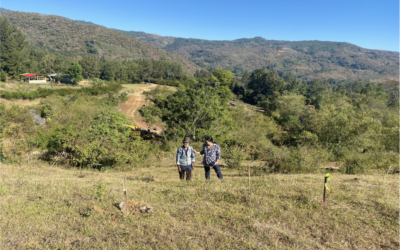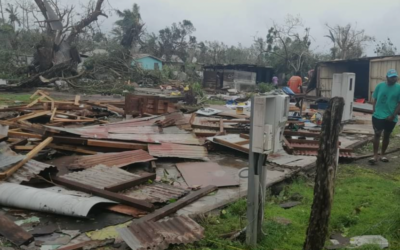By Priyanka Gurung, Purnima Banjade | 5 Mar 2023
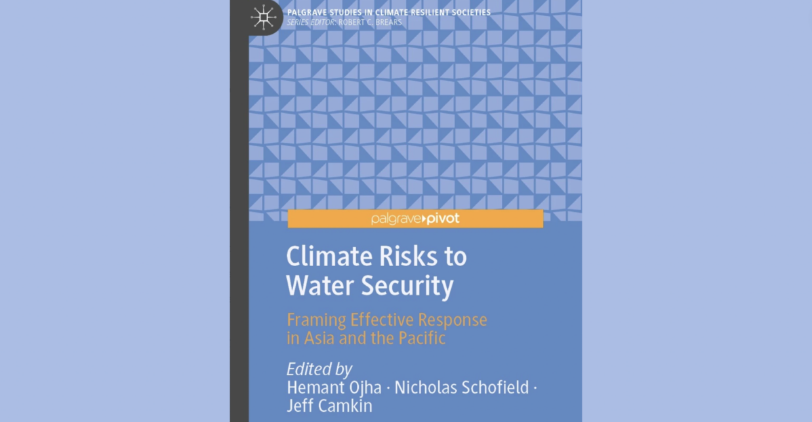
Water has been an essential aspect of human life throughout history, and the looming global water crisis is one of the most pressing issues humanity faces today. Despite access to clean water being recognized as a fundamental human right, a UN report estimated that two billion people lived without safe drinking water in 2020.
In this blog, we are sharing our reflections from a book that has advanced a transformative approach to tackling climate-water risks from the context of socio-ecological zones. Entitled “Climate Risks to Water Security: Framing Effective Response in Asia and the Pacific”, the book is edited by climate and water experts – Hemant Ojha, Nicholas Schofield, and Jeff Camkin and was published by Palgrave-Macmillan.
The book is based on the premise that water-climate risks studies have been narrowly framed, with limited appreciation of practice-based knowledge. Moreover, most analyses are done either at the national or basin scales, and efforts to downscale have remained limited. By examining climate change risks to water security in various socio-ecological zones across the Asia-Pacific, considering the social context, the book aims to broaden the scope of analysis and provide more comprehensive insights.
The book also advances an intersectoral approach to the study of water-climate risks. Water insecurity across Asia and the Pacific is increasing rapidly, with factors such as population growth, urbanization, and climate change exacerbating the problem. Climate change has further caused significant water risks, including changes in precipitation patterns and occurrence of extreme weather events like floods and droughts. These risks threaten water availability and quality, exacerbating water crises, especially in marginalized communities, emphasizing the urgency to address water insecurity effectively.
With contributions from 31 prominent in-country practitioners across the Asia-Pacific region, the book offers grounded insights through an integrated analysis of climate risks to water security and emerging lessons from practices at local socioecological zones in 10 different contexts, from Gujarat in India to Pacific Island states. These valuable insights are based on their extensive work in the field and offer valuable guidance for similar zones and basins in other locations, providing insight into policy approaches that prioritize localized and multi-scalar solutions that reflect realities nature and society in a changing context (Camkin et al., 2023).
Despite progress made in managing water resources with the development of various strategies, policies, and technologies, these efforts have been inadequate in implementing a comprehensive approach towards effectively addressing water insecurity at the local, national, or regional context. This year’s World Water Day theme being “Accelerating the change to solve the water and sanitation crisis”, emphasizes on the urgency of implementing transformative approaches to solve these crises. Given the increasing and diverse impacts of climate change across the Asia-Pacific region, the book focuses on understanding how various socio-ecological zones basins in the region intersect and address climate risks to water security (Ojha et al., 2023). The four key objectives of the book are to:
- Highlight emerging forms of key climate-related risks to water security in diverse socio-ecological zones and basins in the Asia-Pacific region.
- Showcase emerging responses to climate change risks to water security across scales with a focus on socio-ecological zones and basins.
- Synthesise commonalities and variations in climate risks to water and emerging response strategies across different social and ecological contexts; and
- Identify management and policy lessons that go beyond linear and steady-state conception of climate-water-society interactions.
The book’s final chapter (Camkin et al., 2023) summarises several important messages emerging from the 10 contextual chapters. The key messages from the book are particularly relevant as they coincide with the first UN water conference in a generation, scheduled March 22 – 24, which aims to catalyze actions for global water crisis. The eight key messages are summarized below:
- The scientific community needs to engage more with local communities; more rigorous documentation can assist transfer and translation of efforts to other contexts: There is a need to integrate scientific knowledge with social analysis on governance for a holistic approach to addressing the impacts of climate change. This will result in better management and postulate potential responses to climate change that are sustainable.
- Supportive higher-level policy is needed to maximise the impact of local efforts and progress: If either policy or local efforts are missing it creates a limit to progress, leading it to be short-term. Combined efforts, however, assure a more sustainable outcome and progress in addressing water-stress.
- Knowledge is not enough; local participation, institutional collaboration and support for action are critical: Incorporation of community knowledge and assuring that tools created or introduced to the community are accessible plays a vital role in making initiatives successful. In terms of water security, it helps to bring changes in practices of water usage and helps save water.
- Hybrid infrastructure can help cope with and address complexity: With the rapid changes that are happening due to urbanization, it is necessary to embrace complexity. This provides us with a stronger foundation for adaptation and resilience by acknowledging existing gaps and uncertainties.
- Mandating the use of scientific evidence is insufficient without accountability: Scientific evidence can help identify problems and solutions, but actions are carried out by people, requiring the need for management and governance. It is only then possible to efficiently address water insecurity.
- Integrated river basin management requires good role definition, effective delegation, and time: Implementing integrated river basin management with an ecosystem-based approach is challenging, and only becomes obvious after substantial improvements. Strong institutions play an important role in encouraging initiatives and clearly defined roles create a more efficient system. However, there is also a need for proper coordination among various government agencies at different levels.
- Co-evolution of policy and practice is essential to effective and efficient adaptation: Water governance requires both physical infrastructure and social structure. Water scarcity is a long-term issue and requires a balance between ecological, social, cultural, and economic aspects. While laws and policies play an important role in regulating people, the acceptance and practice of those laws depends on their alliance with community beliefs and expectations.
- Water Safety Plans are an important tool for delivering human rights to water in the context of climate change: Countries in the Pacific region are some of the most impacted by climate change risks on water security. Water utilities are at the forefront of providing water and sanitation services across the Pacific. Water Safety Plans are a comprehensive risk management and risk assessment approach prepared by the utilities that can be applied in both urban and rural socio-economic settings.
Water insecurity is a complex issue that affects communities differently depending on their circumstances such as their location, economic status, and culture. Given the multidimensional nature of the crisis, the book shows that a comprehensive approach is necessary to address it properly. As climate change exacerbates water insecurity, this book has offered a fresh investigation of practice-based knowledge and insights as to how the water-climate risk can be tackled. The book emphasizes the importance of examining the impacts of climate change on a socio-ecological level, has identified gaps, and provides policy directions to effectively address water insecurity, making it a valuable resource for policymakers, researchers, and practitioners seeking to address the urgent global water crisis.
About the authors:
Priyanka Gurung is the Research Officer at the Institute for Study and Development Worldwide (IFSD). Her research interests span climate change adaptation, environmental policy and governance, Loss & Damage, and climate finance.
Purnima Banjade is a Content Writer at the Institute for Study and Development Worldwide (IFSD). Her research interests cover international development, gender inclusion, and mental health issues.
